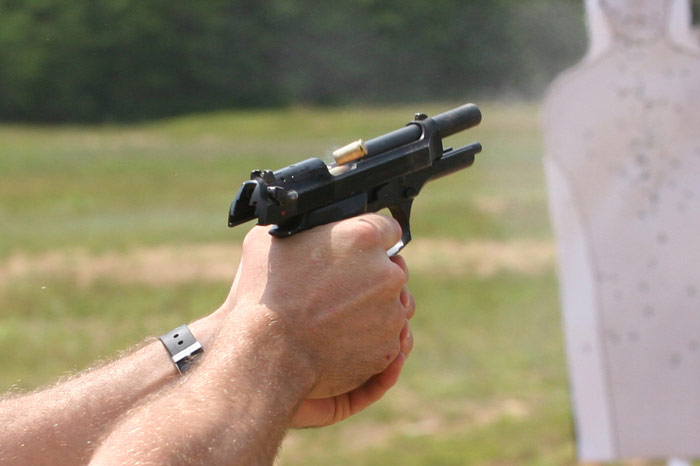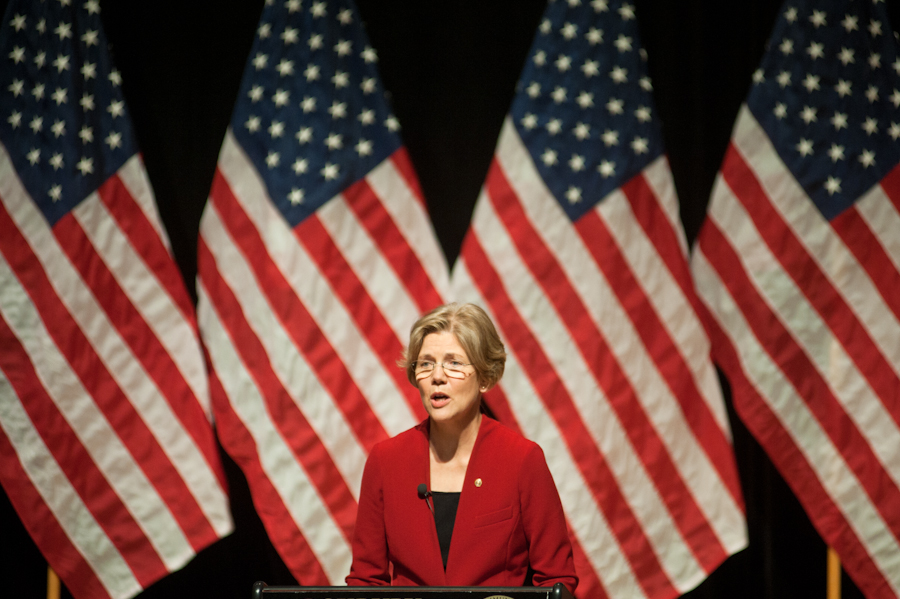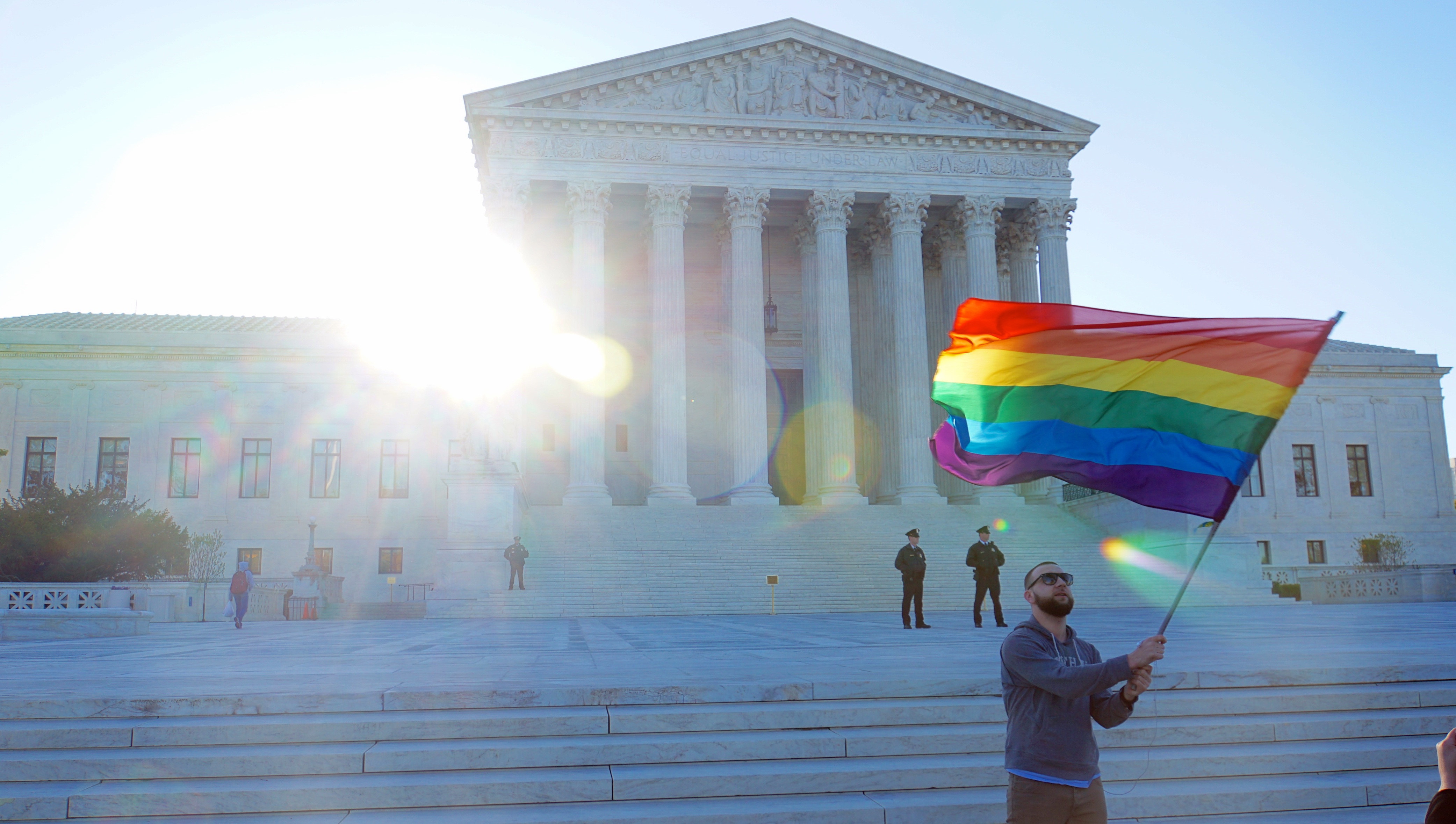“And I cannot see, why arms should be denied to any man who is not a slave, since the are the only true badges of liberty.”
In my previous piece, I denounced the idea that gun ownership should be a right. Here, I discuss why firearms are antithetical to freedom.
On Tyranny of the Masses
Opponents of gun control claim that guns are necessary for preventing a tyrannical government from encroaching on our freedom as Americans (or, if the government does become tyrannical, for overthrowing that government and restoring our freedom). But what freedoms do we lose when guns are in the hands of our fellow citizens?
Daily gun violence and frequent mass shootings degrade our sense of security. Shootings in our neighborhoods, our malls, our places of worship, and our schools erode our ability to go about our lives with peace of mind. They instill a profound sense of fear and uncertainty that we can leave our homes without falling victim to senseless violence.
Is this freedom? Is a country truly free if its citizens can’t work or learn or pray without fearing for their lives? I find that we are not free under the fear of firearms. Guns not only take lives, but also take away our freedom from fear.
Some might object to this line of thought. After all, there is much to fear besides guns. A car accident or contagious disease or natural disaster could kill us on our way to work or school. These too could easily instill fear in us. But there are fundamental differences between firearms and the other dangers we face. Some, like natural disasters or disease, are beyond our control; they inhere in the very act of living. Others, like driving a car, are risks we accept because their social purpose outweighs their risk. In contrast, guns are not inevitable, and they do not provide a social value commensurate to the dangers they pose.
Opponents of gun control fear losing freedom at the hands of a tyrannical government. But we forget another type of tyranny: tyranny of the masses. Civilian guns cause 98.6 percent of gun-related deaths in the US. It is these guns that take nearly one hundred lives per day in suicides, homicides, mass shootings, domestic violence, and accidents. The guns of our neighbors, not those of our government, cause this violence and destroy our freedom from fear. By destroying our ability to go about our lives in peace, they create a tyranny of the masses.
On Guns and Government
Although guns in the hands of the masses take away freedom, perhaps they could be redeemed if they truly provided freedom by deterring government tyranny. Empirically, this is not the case.
An analysis of 175 countries by The Atlantic found no meaningful correlation between civilian gun ownership and freedom. The study compared Freedom House Index data—which scores countries based on the political and civil liberties they afford their citizens—to data on civilian gun ownership. The results showed no statistically significant relationship between guns and freedom. A 2018 study by ThinkProgress compared the change in a country’s freedom over a decade with the level of civilian gun ownership. Again, no meaningful connection was found. Guns do not deter governments from encroaching on freedoms, nor does the absence of firearms invite government tyranny.
But what about revolution? If guns don’t deter government tyranny, do they serve to remove or reform tyrannical governments? Here, too, the answer is no. A comprehensive study of hundreds of attempted resistance efforts between 1900 and 2006 shows that nonviolent resistance was twice as likely to succeed as violent campaigns (with 53 percent and 26 percent success rates, respectively). That gap has widened over time. In the early 2000s, nonviolent resistance efforts boasted a near 70 percent success rate compared to a 15 percent success rate for violent resistance, and the overall number of successful nonviolent campaigns was greater than that of violent ones. Furthermore, no instance of nonviolent resistance with more than 3.5 percent of the population participating failed during the period examined. While guns can help in overthrowing tyranny, they are dispensable in that pursuit.
Additionally, in the United States, guns have actually increased government intrusion. As the ACLU explains, mass shootings have caused lawmakers to enact policies that diminish liberty in an attempt to increase safety from gun violence. For example, gun violence has prompted increases in government surveillance, government watch lists, private security, police presence, and police shootings. The ACLU warns of “increased physical searches, including ever-expanding checkpoints, bag searches, magnetometers, body scanners, patdowns, and more.” These policies decrease our freedom, even our right to life itself, as a result of armed citizens.
On the Nature of Guns
The inherent purpose of a gun is to kill. To take someone’s life is to deny them of all freedom. Thus firearms are, at their core, made to deprive freedom.
Most citizen-owned guns are not used to kill people. But even when guns are used for collection, protection, hunting, or sport, and even when they are used responsibly and produce no casualties, they maintain the same capacity for killing that they have on the battlefield they were made for. The instrumental use of a gun has no effect on its intrinsic nature, which centers on a denial of one’s freedom to live.
Despite their place in the American mythos, guns are not guarantors of freedom. To the contrary, our armed populace robs us of our freedom from fear, it fails to deter government tyranny, and it has increased government intrusion. Both instrumentally and intrinsically, firearms are fundamentally incompatible with freedom.



